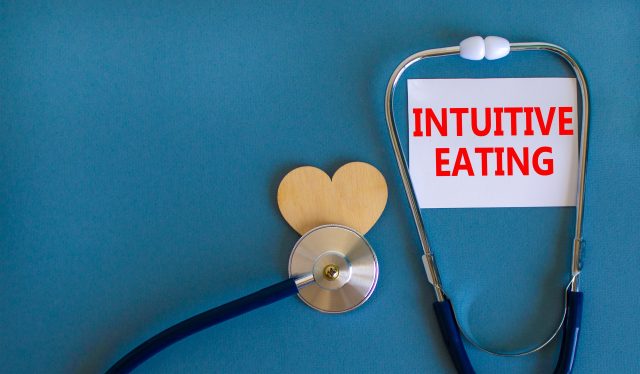Yasmeen Fletcher Stuns in Beach Workout Gear and Shares Her Body-Positive Fitness Secrets

Yasmeen Fletcher is hitting the beach – in her workout gear. In a new social media post the actress shows off her amazing figure during an afternoon on the shoreline. She shared the image via her Instagram Stories. How does she approach diet, fitness, and self-care? Here is everything you need to know about her lifestyle habits.
Reading

Yasmeen is a reader. “There’s this really cheesy romance book that I bought at Target for fun called Alex Approximately. I’m ashamed to admit it but it’s one of my favourite books now. It shouldn’t be embarrassing though, cheesy romance books are lighthearted, I don’t have to think too hard about them and they take my mind off things!” she told The Face.
A History of Disordered Eating

Yasmeen is very open about battling an eating disoder. “I grew up surrounded by fatphobia, and deeply enmeshed in diet culture. Looking back now, it’s entirely unsurprising to me that I developed disordered eating habits by the tender age of 13,” she wrote for Australian Broadcasting Corporation.
No Diets
“Two decades later, I no longer restrict food, exercise for weight loss or hate my body,” says Yasmeen, adding that there is “so much wrong with diets. Dieting is dangerous. And what’s more, diets embarked on for diet culture reasons don’t work. Likewise, calorie counting is never a good idea. In fact, it’s an eating disorder warning sign.”
Therapy
Yasmeen turned to professional help for help with her eating disorder. “What would you tell your inner child about all this if you could talk to her?” is a question her psychologist asked her. “Her question helped me realise part of the reason I’ve struggled with this is that the needs I had as a child — that any child has, really — around learning about food and hunger and my body and its relationship to movement, weren’t met,” she says. “Through sitting with that, I found it easier to give my past (and by extension, current) self-compassion for the things I once believed about food and weight and exercise.”
Intuitive Eating

Yasmeen is a fan of Intuitive eating, “the practice of consuming what you want when you’re hungry and stopping when you’re full — is so much better than dieting and counting calories,” she says. “You deserve to listen to your body’s cravings, to learn its hunger and satiety cues. You deserve to enjoy multiple servings of Grandad’s curry goat because it makes you feel warm inside. Learning to eat intuitively will help you experience these things — AKA what actually matters to you — and move away from dieting and binge-eating behaviours, too.”
Joy From Exercise
Yasmeen works out, but with the right intentions. “Doing heaps of cardio for the purpose of becoming thin, as punishment or compensation for things you’ve eaten also sucks, so please stop that ASAP too,” she suggests. Look for ways to move your body that bring you joy instead, and you’ll eventually find them. The gym might work for some people, but it doesn’t have to be it for you.”




